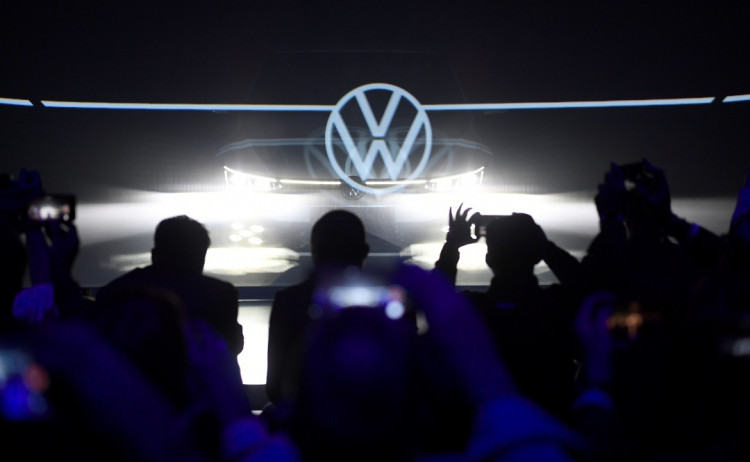German automaker Volkswagen AG has announced a bold plan to overtake its competitors in China by significantly ramping up its electric vehicle production.
The company revealed that it should be able to produce around 1 million vehicles by the end of 2022.
To achieve this goal, Volkswagen has laid out plans to build two new manufacturing facilities in China next year. Each facility will reportedly have a capacity of approximately 600,000 vehicles a year.
The company's plans far outpace any other manufacturing ramp-up for electric vehicles by other companies in the Chinese market. In comparison, Tesla previously announced that its goal would be to churn out at least 500,000 electric vehicles per year through its new factory in Shanghai.
Apart from its proposed new factories, Volkswagen will also be partly relying on its existing fossil-fuel-powered manufacturing factories in Foshan and Anting. The two factories will allocate some of their capacities for building components for Volkswagen's future electric products. Volkswagen even mentioned that it is retooling eight of its global manufacturing facilities to help it reach its 2022 goal.
Unlike new startups, Volkswagen does have the assets to help it quickly ramp up the production of fully-electric vehicles. The company can rely on its existing factories and profits from its fossil fuel-powered vehicles to offset costs in shifting to fully-electric products.
According to industry experts, the barrier that is facing automotive manufacturers in their electrification is still quite high. The shift to building fully electric products will undoubtedly be too expensive for less established companies, which means that the transition will likely be spearheaded by big brands such as BMW and Volkswagen.
Volkswagen will plan to leverage its size and massive infrastructure to outpace its rivals. Some of the other automotive companies that are in the running for the eventual shift to electric include BMW, Renault, Ford, and General Motors.
Unlike its competitors, who are gradually making the shift through the use of multi-powertrain platforms and multi-functional assembly lines, Volkswagen is going all-in on its electric vehicle production. The company's plans do include the building of dedicated electric vehicle assembly facilities, which will likely cost billions of dollars that could cut into profits over the next few years.
Through its big investment, Volkswagen hopes to significantly push down the prices of its electric products to make it more available to the masses. To recoup some of its investment, Volkswagen revealed that it will be licensing its electric manufacturing architecture to third-party manufacturers.






